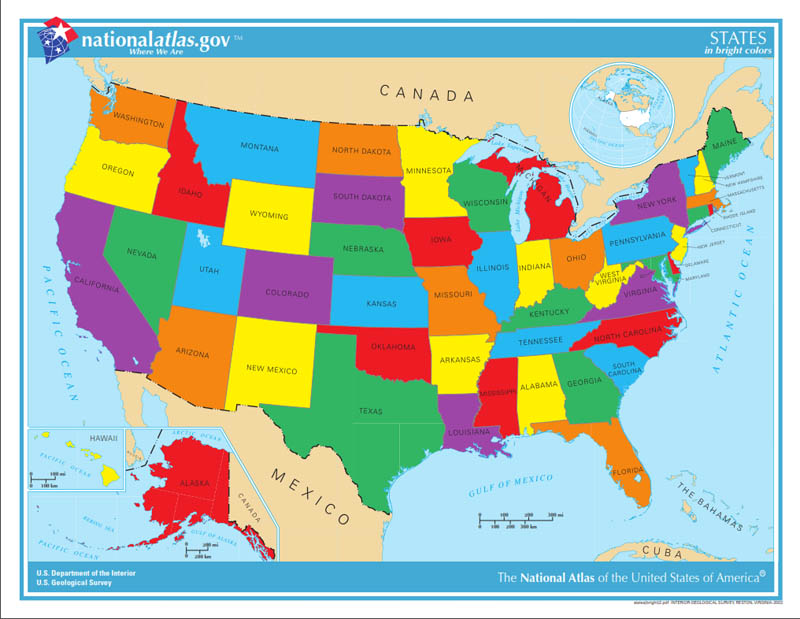Region: National
The Politics of Geoengineering Are Getting Stranger
Of all the pollution threats out there, why are state lawmakers and U.S. EPA targeting solar geoengineering?
There are strange things happening in Climate World, in addition to all the horrifying things. Among the strangest is a surge in state bills to prohibit solar geoengineering. Just as strange is the recent shot across the bow by Trump’s EPA Administrator Lee Zeldin against one tiny startup firm that claims to be doing geoengineering. …
Continue reading “The Politics of Geoengineering Are Getting Stranger”
CONTINUE READINGSharing the Sidewalk with EV Charging Cords
New CLEE policy brief describes an innovative EV charging solution.
In cities throughout the US, electric vehicle (EV) drivers have found a creative, low-cost way to transfer electricity from their home to the curbside. You have probably seen it by now: a charging cord peeks out from a home and sprawls across the sidewalk–either beneath your feet or over your head–before plugging into a curbside-parked …
Continue reading “Sharing the Sidewalk with EV Charging Cords”
CONTINUE READING100 Days of Anti-Environmental Mayhem
A flood of anti-environmental initiatives threatens to undo decades of progress.
the Administration has withheld funding for clean technology, denounced the very idea of environmental justice, and begun a campaign to gut environmental agencies. And that’s only the first hundred days of Trump’s second term.How far Trump gets with this anti-environmental jihad will depend partly on the courts but mostly on politics. Events relating to the economy and provision of basic government services are likely to have as much impact on how things play out than anything specific to the environment.
CONTINUE READINGUnsheathing a Weapon for Clean Air: ISRs
New UCLA Law report focuses on how to use Indirect Source Rules to fight pollution from mega facilities.
We don’t have to tell you that air pollution remains a serious threat to communities across California, from Oakland to the Inland Empire. But what if we told you that most air regulators are fighting air pollution with one hand tied behind their back, unnecessarily? It turns out there is a powerful weapon that can …
Continue reading “Unsheathing a Weapon for Clean Air: ISRs”
CONTINUE READINGState Climate Programs Under Trump – Little Drama, Steady Progress
Ignoring Trump, state have continued work on achieving their climate targets.
Despite all the drama in D.C., state governments have continued to make quiet progress in their efforts to expand clean energy and phase out fossil fuels. These states are focused on tangible steps forward, not on capturing online clicks, so their efforts may escape notice. But the cumulative effect of these month-by-month, smaller-scale initiatives is significant.
CONTINUE READINGWhat’s the Harm?
Tentative thoughts on Trump Administration’s proposed repeal of the ESA regulation defining harm
The administration has proposed revoking the definition of harm in the regulations implementing Section 9 of the Endangered Species Act (ESA). Section 9 is the section of the ESA that prohibits taking a member of a listed species. The change is significant because that definition of harm included, in some circumstances, actions that modify the …
Continue reading “What’s the Harm?”
CONTINUE READINGDay After Earth Day, the Climate Pope, and the 89%
The Drain is a new weekly roundup of climate and environmental news from Legal Planet.
Environmental journalists everywhere are breathing easier this morning. They made it through Earth Day — one of two insufferable seasons of cliche, inane PR pitches clogging their inboxes. (The other? The 2-week UN Climate Conference each fall.) Environmental advocates are breathing a little easier too, because the White House blinked first in the war of …
Continue reading “Day After Earth Day, the Climate Pope, and the 89%”
CONTINUE READINGWhat Should You Do For Earth Day? Get On The Phones
The Environmental Voter Project is pushing hard in Michigan and Texas.
Politics matters. A lot. This assertion might strike as the epitome of obviousness, but when it comes to Earth Day, there is a tendency to get away from the hard work of blocking and tackling and more toward thinking about Our Relationship With The Earth on a conceptual level. At this point, I’m sick of …
Continue reading “What Should You Do For Earth Day? Get On The Phones”
CONTINUE READING“What We Do Matters:” UCLA’s Charging Ahead Symposium
States and cities have a lot of tools to cut vehicle pollution. It’s time to break them out.
Trump is a bump. A nasty one, but a bump nonetheless, because the world is on the road to zero-emission fuels and vehicles no matter what. That was one takeaway from “Charging Ahead,” the UCLA Emmett Institute’s annual symposium held on April 9 — devoted this year to cutting vehicle pollution during the next four …
Continue reading ““What We Do Matters:” UCLA’s Charging Ahead Symposium”
CONTINUE READINGPrecedent, the Trump Administration, and Endangered Species
A new Trump Administration initiative misinterprets the overruling of Chevron
The Trump Administration’s effort to strip away protections under the Endangered Species Act that had previously been upheld by the Supreme Court. The Administration seems to think they’re entitled to ignore that earlier decision because it was decided under the Chevron test and Chevron has since been overruled. They’re wrong. If it wishes to change the existing interpretation, the agency must give a reasoned argument for doing so that discusses the relevant policy issues, including reliance and the impact of its decision on endangered species.
CONTINUE READING












